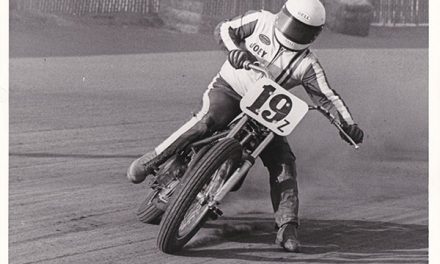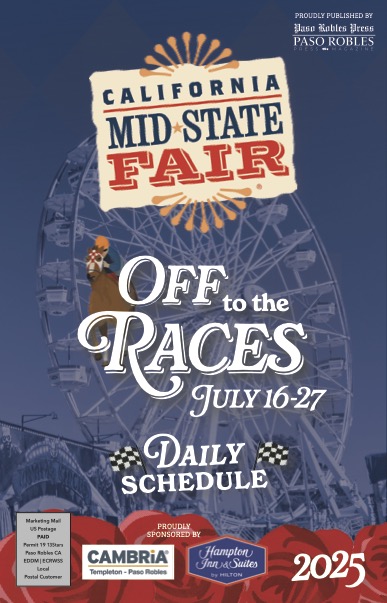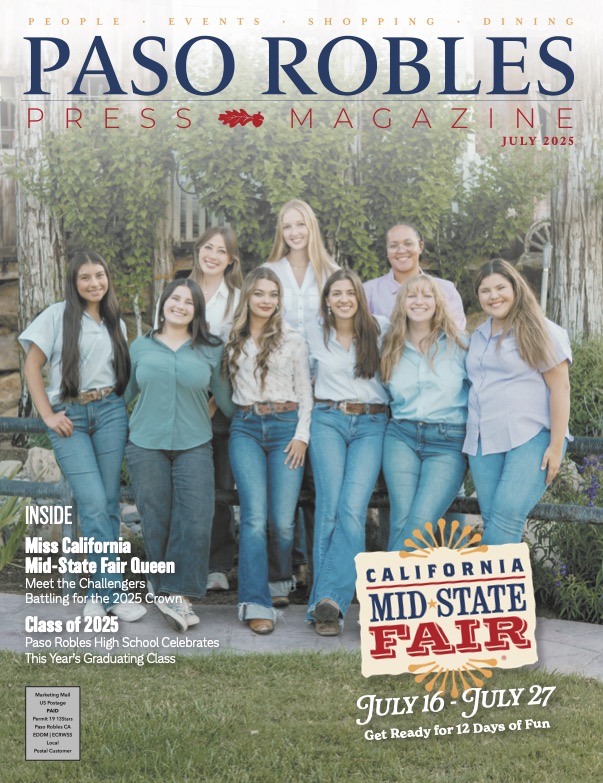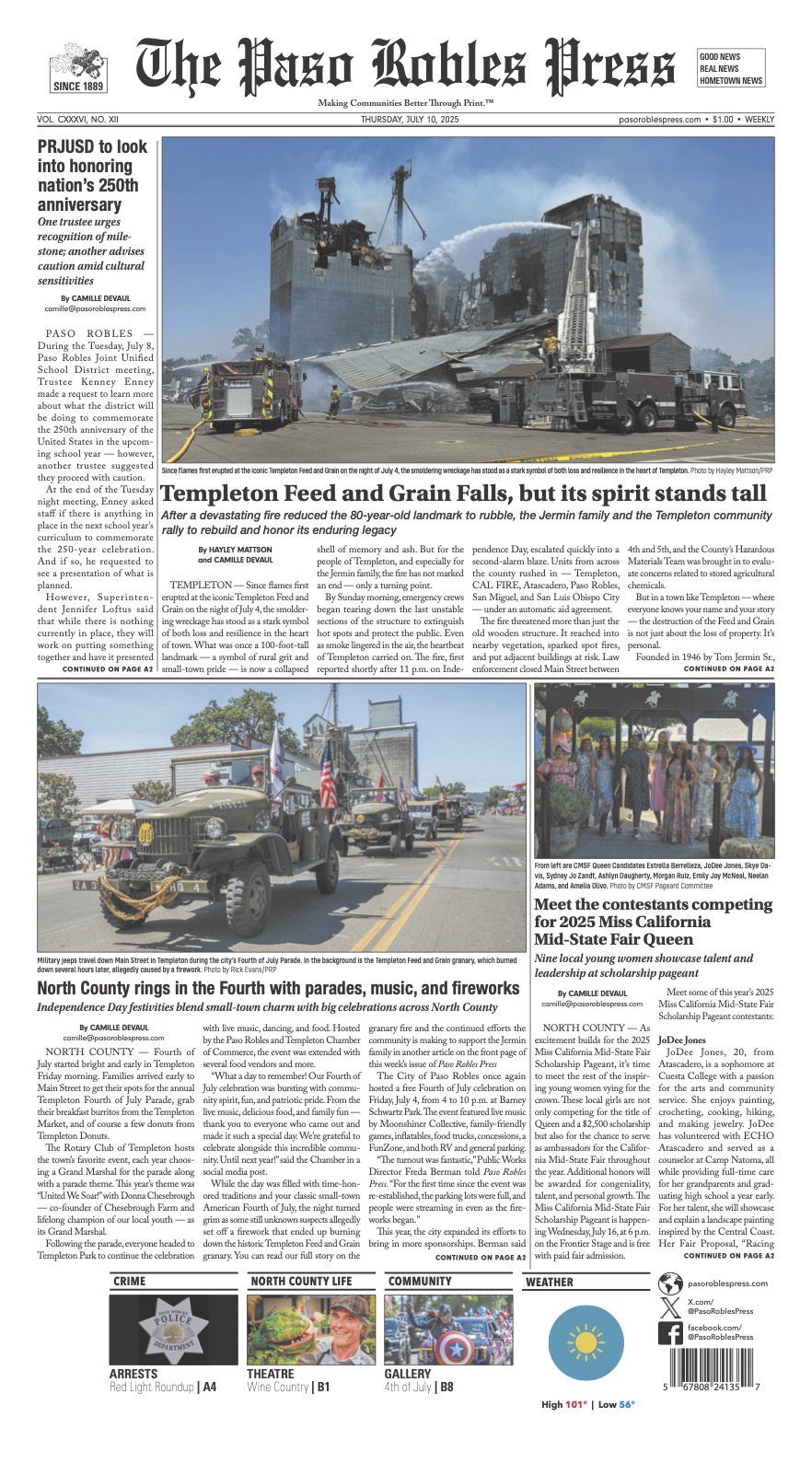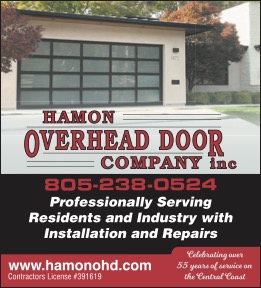When retired Navy Captain Mike Fitzgerald received his first model train, the world around him was in the throes of chaos. The year was 1941, the place was Pearl Harbor.
Fitzgerald’s father, William, served as Operations Officer and had the weekend staff duty on the USS Maryland (BB-46) on the infamous day. William survived the attack on Pearl Harbor and earned the Navy Medal of Commendation for valorous actions. William served in both of the Great Wars and when he retired from his military career he held the rank of Rear Admiral.
William was stationed aboard the Colorado-class battleship Maryland which survived the Pearl Harbor attack. The USS Oklahoma that sat outboard (farther from the dock) beside the Maryland, capsized from being his by several torpedo bombs.

The 429 souls stationed on the USS Oklahoma lost their lives in the assault but a brave few survived by jumping into the fuel-burning waters 50 feet below or traversed mooring lines to the Maryland. Mike said that despite being sunk, the ship continued to protect the Maryland with its ruined hull due to the shallowness of the bay.
In the wake of the attack, Mike’s mother Marjorie relocated the family to the other side of the island where it was “safer.” Part of the logic of moving the family, Mike explained, involved the fact that the Japanese had failed to destroy key naval facilities and could possibly return to finish the job.
“The Japanese. when they attacked. did a very efficient job on the naval forces that were there,” Mike explained, “but they did not go after the fuel dumps and they did not go after the shipyard repair facilities, both of which played a major part in the U.S. getting offensively involved in the war.”
Marjorie also made the executive decision to move up Christmas to help keep the 4-and-a-half-year-old Mike distracted from the turmoil. The train set was a gift from his uncle and had to be assembled under the cloak of darkness, not only for a holiday surprise but also because of the established mandatory blackouts. Civilians were ordered to eliminate all forms of light to help remove reference points for enemy bombers. Mike said that he recalled seeing pictures taken with “Santa’s elves” hiding beneath a blanket and assembling the train set by flashlight.

Like his father, Mike devoted thirty years of his life to the Navy that included command of ships in the Mediterranean, Black and Baltic Seas and the North Atlantic Ocean until finally retiring in Paso Robles. With the nearly constant relocating of the military life, Mike never had the chance to put down roots and create the elaborate train set he wanted. It took retirement from the Navy to finally allow Mike the time and space to create a dedicated train system. Residing in Paso Robles, Mike began his teaching career in San Luis Obispo’s Mission Preparatory High School where he taught mathematics for 18 years. He dedicated a room roughly the size of a two car garage by his estimates to construct an intricate model train system.
“I couldn’t really make an elaborate layout like I have here until I retired in ’89,” Mike said.
Mike named his railway the C, K and D after his three sons — Chris, Kevin and David. All three contributed to the development of the system before leaving home. Kevin and Mike created a model of the San Luis Obispo Mission for a school project. They designed the building to scale so they could put it in the train system.
As one can imagine there is a slew of ways and methods of modeling. Scale/size typically range from the smallest from Z (1:220/.25”) to the largest G (1:25/1.75”) which comes with their own standard of detail and emphases.
Mike still works in the scale he first received as a gift, O Gauge (1:48/1.25) made popular by the manufacturer Lionel. Originally Lionel trains were also foreshortened to accommodate for the sharp turns on their 3-rail track.
Mike’s system is an O gauge “High Rail” layout meaning that a true 1:48 scale is always maintained. The differences between the two systems are generally not noticeable until the two styles are placed side-by-side.
Model train aficionados may like to know that Mike is a High Railer and works on a 3-Track system, but the casual observer is automatically drawn to the vastness of Mike’s rail system. Instead of the typical railway placed on plywood that a person can walk around, Mike has created a world that can surround the engineer. There are buses, cars and boats all depicting their own era and way of life as the toys trains move to each destination, and yes, there is even a Starbucks. He has also incorporated sound chips with his system that helps with the immersion of the experience and now with the digital age, he can run the whole railway from his smartphone.
“It’s a hobby that’s never completed,” Mike said. “There’s always something to do, more to do and more fun to have.”
Sadly, Mike noted that playing with model trains has fallen out of popularity. He says now there are only a handful of stores in California that are dedicated to model trains. Train shows are still held, but Mike said that the majority of attendees tend to be elderly. Even his boys, who helped build the set with their father, have not carried on with the tradition.

